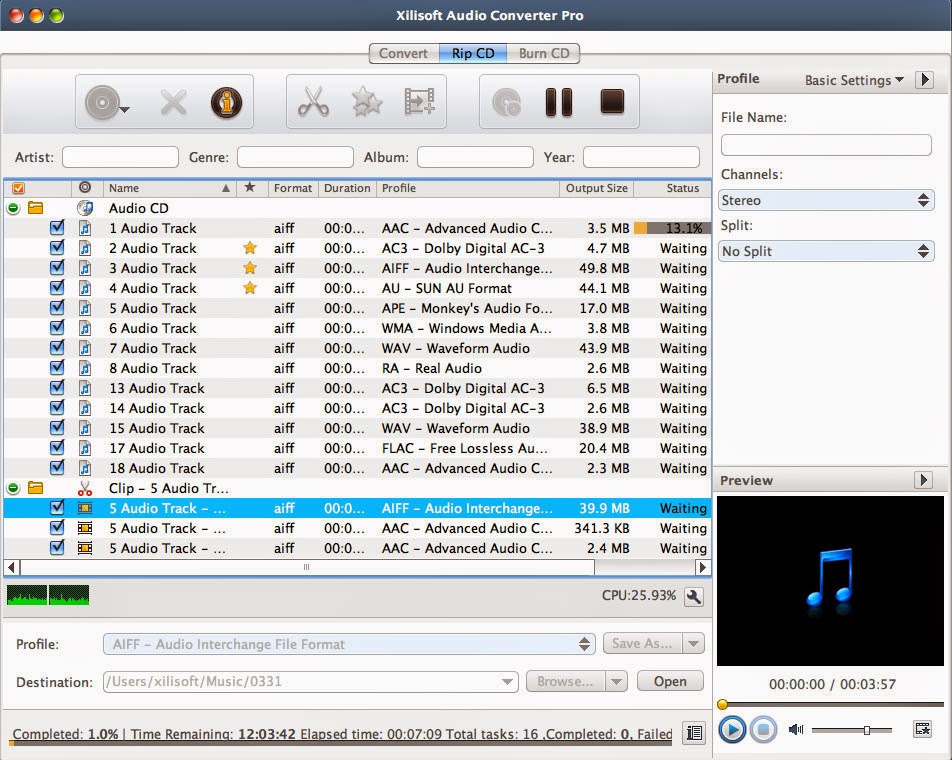

- #Sibelius 6 download full version for free
- #Sibelius 6 download full version software
- #Sibelius 6 download full version license
- #Sibelius 6 download full version series
Subscribe monthly or annually, purchase and own a perpetual license (educational discount available), trade-up from other notation software, or get network licensing Subscribe monthly or annually, or purchase and own a perpetual license
#Sibelius 6 download full version for free
Progressing to a point where I felt more comfortable writing my assignments, and having my scores reflecting that, made me quite happy because it showed the hard work was being rewarded.Composing simple scores with up to 4 instrument parts (staves)Ĭomposing simple/moderate music with up to 16 stavesĬomposing, arranging, and publishing scores and parts of any size and complexity creating notation worksheets and exercises for educationĪvailable for free for anyone to download and use
All exams taking place before 31 December 2023 will be remote exams that you will complete at home or at an alternative location. You’ll be given your exam date at least 5 months in advance you’ll need to attend one of our many exam centres in the UK or Europe. You’ll be given time to revise and prepare. Modules with an end of module assessment won’t usually have an exam. The final, marked piece of work on most modules. Your tutor will mark and return them to you with detailed feedback. They can be made up of essays, questions, experiments or something else to test your understanding of what you have learned. You’ll have a number of these throughout each module, each with a submission deadline. #Sibelius 6 download full version series
Usually a series of online, multiple-choice questions.The mix of assessment methods will vary between modules. Our assessments are all designed to reinforce your learning and help you show your understanding of the topics. Find out more about international recognition of Open University qualifications. If you intend to use your Open University qualification to seek work or undertake further study outside the UK, we recommend checking whether your intended qualification will meet local requirements for your chosen career. Of these 180 credits, at least 120 must be at OU level 2 or above, and at least 60 of these must be at OU level 3.
 For a BSc (Bachelor of Science) designation, at least 180 credits must come from modules suitable for a BSc (module codes starting with B, D, E, K, M, S, T, U, W or YXM). For BA (Bachelor of Arts) designation, at least 180 credits must come from modules suitable for a BA (module codes starting with A, B, D, E, K, L, M, U, W or YXM). Whether you receive a BA (Honours) Open degree or a BSc (Honours) Open degree will depend on the modules you choose: You'll have the opportunity to attend a degree ceremony. The class of honours (first, upper-second, lower-second or third) will depend on your grades at Stages 2 and 3. On successfully completing this course, we’ll award you our BA (Honours) Open or our BSc (Honours) Open. If you feel you may need additional support, visit Disability support to find more about what we offer. some modules may require you to attend a residential school.įor more detailed information, see the Accessibility Statements on individual module descriptions. using an online Laboratory or Design/Engineering Studio.
For a BSc (Bachelor of Science) designation, at least 180 credits must come from modules suitable for a BSc (module codes starting with B, D, E, K, M, S, T, U, W or YXM). For BA (Bachelor of Arts) designation, at least 180 credits must come from modules suitable for a BA (module codes starting with A, B, D, E, K, L, M, U, W or YXM). Whether you receive a BA (Honours) Open degree or a BSc (Honours) Open degree will depend on the modules you choose: You'll have the opportunity to attend a degree ceremony. The class of honours (first, upper-second, lower-second or third) will depend on your grades at Stages 2 and 3. On successfully completing this course, we’ll award you our BA (Honours) Open or our BSc (Honours) Open. If you feel you may need additional support, visit Disability support to find more about what we offer. some modules may require you to attend a residential school.įor more detailed information, see the Accessibility Statements on individual module descriptions. using an online Laboratory or Design/Engineering Studio. #Sibelius 6 download full version software
using specialist software (for example the Sibelius music writing package). engagement with learning and assessment within a pre-determined schedule or timetable – time management will be needed during your studies and the University will help you to develop these skills throughout your degree. using feedback: continuous assessment involves receiving detailed feedback on your work from your tutor and using this feedback to improve your performance. continuous and end-of-module assessment in the form of essays, short answer questions, and in some cases an examination. working with specialist reading material such as works of art and musical manuscripts. using technology for research purposes involving access to catalogues and databases online. finding external/third party material online. using and/or producing diagrams and/or screenshots. using mathematical and scientific expressions, notations and associated techniques. face-to-face tutorials/day schools/workshops and/or online tutorials. Online learning resources may include websites, audio/video media clips, and interactive activities such as online quizzes studying online – some modules have a mixture of printed and online material, and others are entirely online. 
The BA/BSc (Honours) Open degree uses a variety of study materials and may have the following elements, depending on the modules you choose to study: We make all our qualifications as accessible as possible and have a comprehensive range of services to support all our students.







 0 kommentar(er)
0 kommentar(er)
